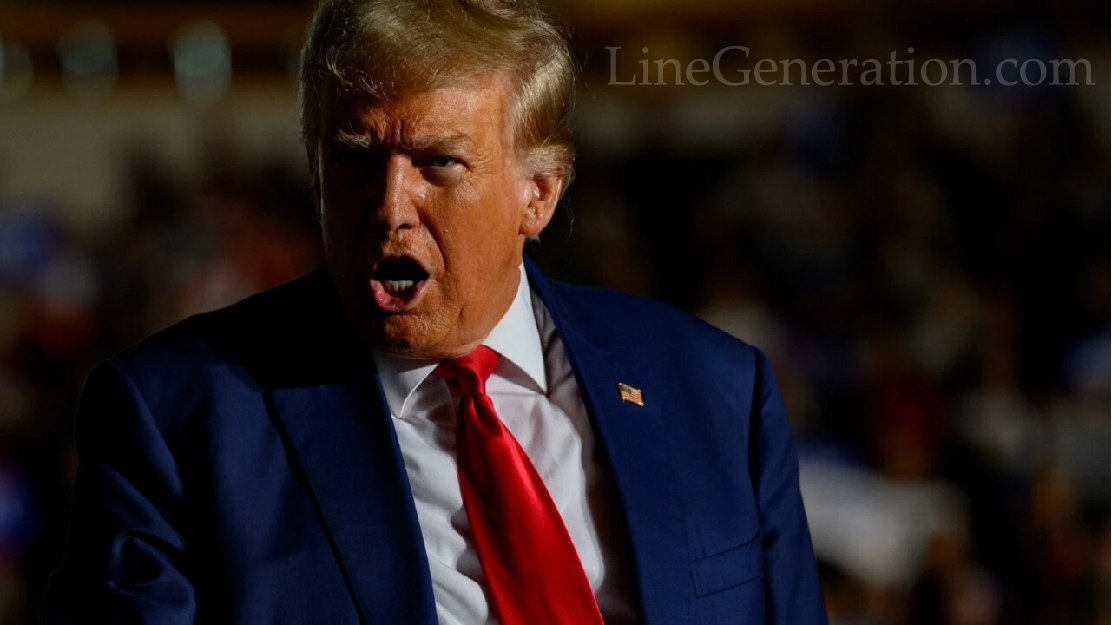The Genesis of Trump’s 80% Tariff on China
On May 9, 2025, President Donald Trump announced a proposed 80% tariff on Chinese imports, a move that has sent shockwaves through global markets. This decision comes ahead of critical trade talks between the U.S. and China in Switzerland, signaling a significant escalation in the ongoing trade tensions between the two economic superpowers.
Market Reactions to the Proposed Tariff
The announcement of the Trump 80% Tariff on China led to immediate reactions in global markets. While U.S. markets experienced modest declines, European markets rallied, with Germany’s DAX index reaching a record high. Investors are closely monitoring the situation, as the proposed tariff could have far-reaching implications for international trade and economic stability.
Historical Context of US-China Trade Relations
The Trump 80% Tariff on China is the latest development in a series of trade disputes between the U.S. and China. Previous administrations have grappled with issues such as intellectual property rights, trade imbalances, and market access. However, this unprecedented tariff proposal marks a significant departure from past policies and underscores the escalating tensions between the two nations.
Potential Impact on American Consumers and Businesses
Implementing the Trump 80% Tariff on China could lead to increased costs for American consumers and businesses. Products ranging from electronics to everyday household items may see price hikes, affecting consumer spending and business operations. Small and medium-sized enterprises that rely on Chinese imports could face significant challenges in maintaining profitability.
In response to the proposed Trump 80% Tariff on China, China may consider implementing its own set of tariffs or trade restrictions on American goods. Such retaliatory measures could further strain the economic relationship between the two countries and disrupt global supply chains. The international community is watching closely to see how China will respond to this aggressive trade policy.
Political Implications of the Tariff Proposal
The Trump 80% Tariff on China has significant political ramifications. Domestically, it may bolster support among constituents who favor protectionist trade policies. However, it also risks alienating allies and trade partners who view such unilateral actions as destabilizing. The proposal may become a central issue in upcoming political debates and elections.
International Reactions and Diplomatic Concerns
Global leaders have expressed concern over the Trump 80% Tariff on China, fearing it could trigger a broader trade war. Allies in Europe and Asia are urging both nations to engage in constructive dialogue to prevent further economic disruption. The proposed tariff has become a focal point in international diplomatic discussions.
Long-Term Economic Consequences
Economists warn that the Trump 80% Tariff on China could have long-term negative effects on the global economy. Prolonged trade disputes may lead to decreased investment, slower economic growth, and increased uncertainty in international markets. The full impact of the tariff will depend on subsequent negotiations and policy decisions.
The Road Ahead: Negotiations and Resolutions
As the U.S. and China prepare for upcoming trade talks, the Trump 80% Tariff on China will undoubtedly be a central topic of discussion. Both nations face pressure to find a resolution that addresses trade imbalances while minimizing economic fallout. The outcome of these negotiations will shape the future of global trade relations.
FAQs
What is the Trump 80% Tariff on China?
The Trump 80% Tariff on China refers to President Trump’s proposal to impose an 80% tariff on Chinese imports, aiming to address trade imbalances and protect American industries.
How will the tariff affect American consumers?
The tariff could lead to higher prices for goods imported from China, affecting American consumers by increasing the cost of everyday products.
What industries are most impacted by the tariff?
Industries heavily reliant on Chinese imports, such as electronics, textiles, and manufacturing, are likely to be most affected by the Trump 80% Tariff on China.
Could this lead to a trade war?
If China retaliates with its own tariffs, it could escalate into a trade war, leading to broader economic consequences for both countries and the global economy.
What are the next steps in the trade negotiations?
Read More : India-Pakistan Conflict 2025: Unprecedented Escalation and Its Global Impact


